
Research Programma “MAGENDA” – MAinstreaming GENDer equality in Academia
Main coordinator: Pokhara University, Nepal
Implementation period: 1 November 2024 – 31 October 2027
Funding: Erasmus+
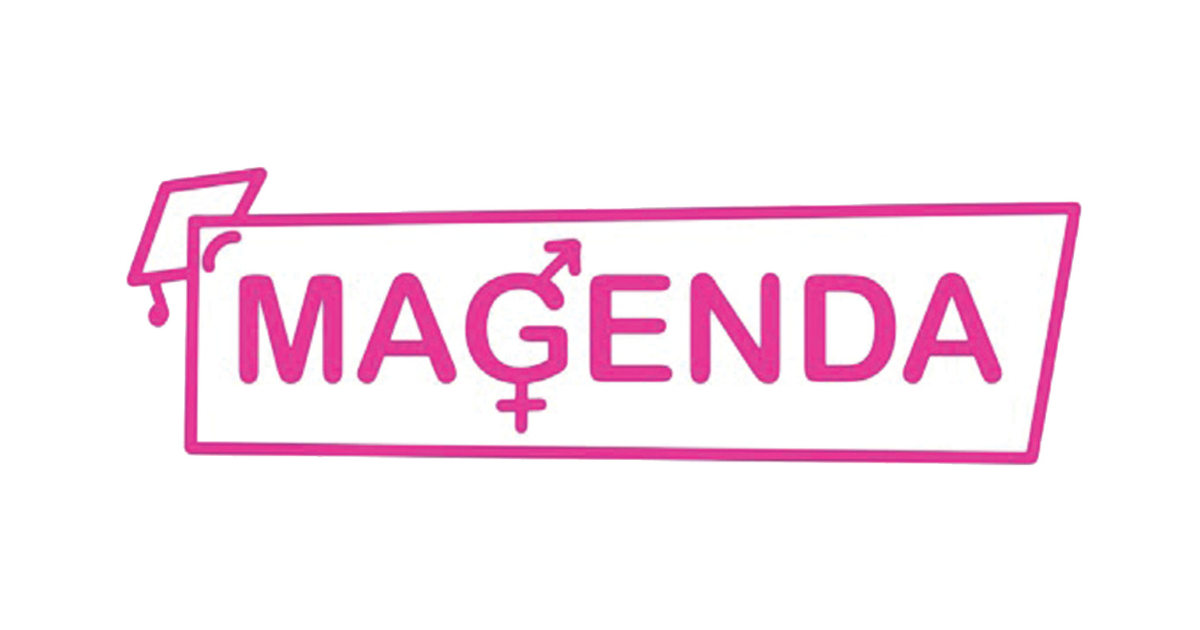
MAGENDA aims to support Asian HEIs in introducing and enforcing policies that promote gender equality at institutional level. This requires the transfer of ‘know-how’ in establishing and implementing GEPs through a holistic approach targeting, first, HEI staff by involving them in capacity building trainings, and second, HEI students by gaging their interest in leading awareness raising actions.
In addition, the project aspires to build synergies with civil society and policy stakeholders at local and national levels to create a multiplier effect and yield systemic change. The MAGENDA project will be implemented in two Asian least-developed countries, namely Bangladesh and Nepal, bringing together six Asian Universities, two Universities and two research organisations from the EU.
Partners
• POKHARA UNIVERSITY, Nepal (Coordinator)
• KATHMANDU UNIVERSITY NON PROFIT MAKING COMPANY, Nepal
• FAR-WESTERN UNIVERSITY, Nepal
• BANGLADESH AGRICULTURAL UNIVERSITY, Bangladesh
• BANGLADESH OPEN UNIVERSITY, Bangladesh
• SHER-E-BANGLA AGRICULTURAL UNIVERSITY, Bangladesh
• VRIJE UNIVERSITEIT BRUSSEL, Belgium
• READLAB BRUSSELS BV, Belgium
• UNIVERSITY OF THE PELOPONNESE, Greece
• KMOP - KOMVOS EKPAIDEFSIS KAI KAINOTOMIAS ASTIKI MI KERDOSKOPIKI ETAIREIA, Greece
Research Project "GEO-POWER-EU - Empowering the Geopolitical EU in the Eastern Neighbourhood and the Western Balkans'',
Main Coordinator: University of the Peloponnese
Partners: Consortium of 14 partners from 12 countries.
Duration of the project: 1 June 2024 - 31 May 2027

Starting in June 2024 and continuing for three years, a consortium of 14 partner institutions, coordinated by the University of the Peloponnese, has embarked on the “GEO-POWER-EU: Empowering the Geopolitical EU in the Eastern Neighbourhood and the Western Balkans” project. The project is funded by the European Union’s H2020 Research and Innovation programme. In the wake of the war in Ukraine, the European Union has moved to enhance its geopolitical influence beyond its immediate borders, particularly in the Western Balkans (WB) and Eastern Partnership (EaP) countries. This shift underscores an urgent need to bolster the EU’s strategic thinking and actions. Consequently, GEO-POWER-EU is based on the premise that the EU’s enlargement and Eastern neighbourhood policies require revision to reflect a new geopolitical vision for these regions. The primary objective of the GEO-POWER-EU project is to enhance the security dimension of the EU’s policies in the Eastern Neighbourhood and the Western Balkans. The project aspires to develop a comprehensive EU strategy for these regions, taking into consideration foresight concerning the strategic ambitions of other geopolitical actors. GEO-POWER-EU will:
- propose ideas for the adaptation of the EU Enlargement policy and the reform Eastern Partnership policy
- assess the influence of other geopolitical actors and provide strategic foresight about the prospects of geopolitical competition in the two regions
- explore the growth of the EU’s ability to contain military threats
- propose a comprehensive and multidimensional EU strategy that will guide relations with the countries in the Western Balkans and the Eastern neighborhood.
Project Partners
- University of the Peloponnese, Greece (Project Coordinator)
- Southeast European Research Center (SEERC), Greece
- European Neighbourhood Council (ENC), Belgium
- University of Bologna, Italy
- The Vienna Institute for International Economic Studies (WIIW), Austria
- University of Rijeka / Academy of Applied Arts of the University of Rijeka, Croatia
- Institute for Democracy Societas Civilis, North Macedonia
- University of Belgrade, Serbia
- VE Insight, Austria
- Democratization Policy Council (DPC), Germany
- Institutul pentru Dezvoltare și Inițiative Sociale (IDIS) Viitorul, Moldova
- Odesa Mechnikov National University, Ukraine
- Georgian Foundation for Strategic and International Studies (GFSIS), Georgia
- Utrikespolitiska Institutet, Sweden
The GEO-POWER-EU project is funded by the European Union under grant agreement ID 101132692.
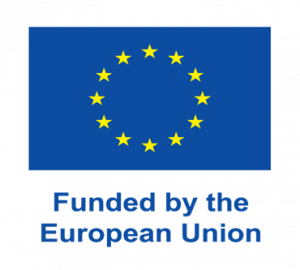
Research Project «Co-Producing Knowledge On Sustainable Growth through Service Learning» (COPAFEU), Project ID: 101128829 — COPAFEU- ERASMUS-EDU-2023-CBHE
Duration of the project: 1/3/2024-28/2/2027
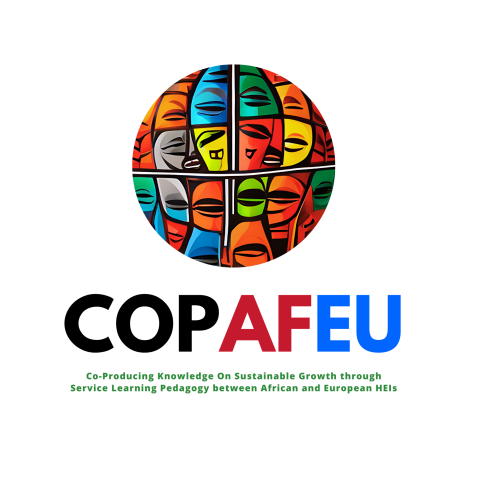
COPAFEU is an international research programme funded by Erasmus+ , that aims to promote E-Service Learning (E-SL) methodology among HEIs and non-academic actors in Ethiopia, Nigeria, Tanzania and South Africa. Moreover, the project aims to promote:
-
Cross-disciplinary courses and interactive modules created in COPAFEU.
-
Three MOOCs and 15 online courses using the open access data/material platforms.
-
A set of two degree/certificate/program templates and guidelines, which can be piloted after its completion.

Research Project “AfriquEurope: The European Union and Africa in a Multi Crises World”, Project ID: 101127755 ERASMUS-JMO-2023-NETWORKS - (Jean Monnet Policy Debate)
Main Coordinator: University of the Peloponnese
Partners: Consortium of 24 partners από 33 countries.
Duration of the project: 2024-2027
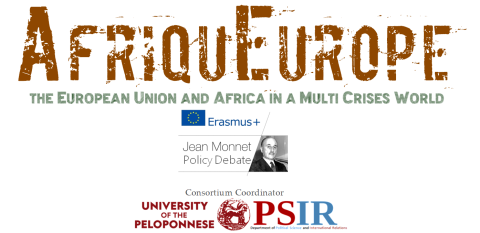
The AfriquEurope project is the largest - in terms of number of partners - intercontinental research network between European and African universities to conduct research and knowledge exchange in the field of social sciences, with the aim of producing policy proposals for both the European Union and the African Union.
AfriquEurope focuses on issues related to understanding the full range of EU-Africa relations and seeks to promote regional and continental integration in Africa.
AfriquEurope's objective is to support the EU's efforts to redefine its partnership with Africa while strengthening cooperation between the two continents.
The project involves partners from universities and research centres in 33 French-, English- and Lusophone African countries with the University of the Peloponnese as coordinating partner.

Research Programme “Social Impact Manager (SIM)”, Erasmus+ (EDU-2022-PI-ALL-INNO)
Main Coordinator: University of the Peloponnese
Partners: Consortium of 14 partners from 6 countries: Greece, italy, France, Austria, Croatia, Belgium, Ireland.
Duration of the project: 2023-2026

The aim of the SIM project is to gradually change the attitudes and perceptions of society towards the concept of social value, creating conditions in which the invocation of social value and social impact will increasingly become a prerequisite for the implementation of actions, initiatives and investments. The term social impact is used interchangeably with the term social outcome or social benefit. In this context, the SIM project seeks to establish the role of the Social Impact Manager as a new profession that will identify the values created by the allocation of funds, while creating a more effective system of social control. Ex-ante social impact assessment contributes to a) a holistic approach to value from the economic, environmental and social aspects, b) providing reliable and meaningful information through numerical results on the effectiveness of actions, c) improving the evaluative capacity of all those affected by the implementation of projects, actions and investments, d) gradually changing attitudes and perceptions as to what is considered socially beneficial, and e) improving the efficiency/effectiveness in terms of cost.

Research Program “Trust in European Societies (Truedem)”, Horizon (101095237)

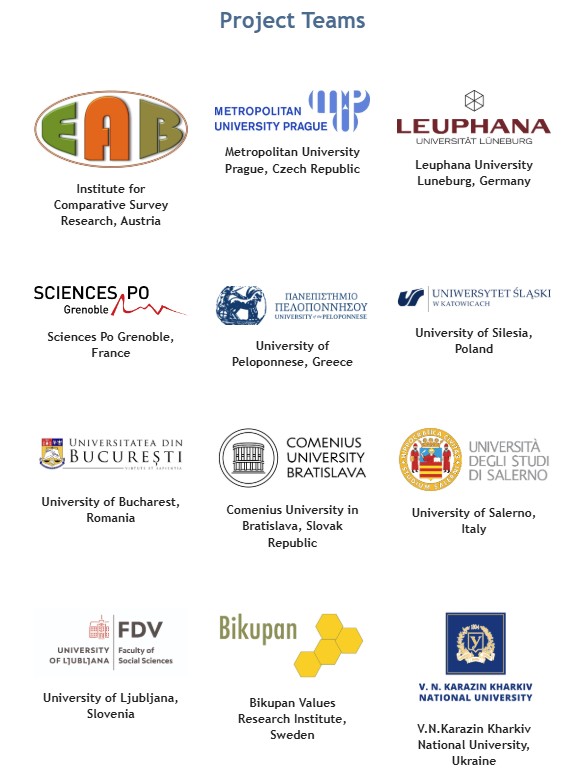
Main Coordinator: Institute for Comparative Survey Research “Eurasia Barometer” (ICSR-EAB), Austria
Partners: Consortium of partners from 12 countries.
Duration of the project: 2023-2025
The University of the Peloponnese participates in the consortium of the project "Trust in European Societies" ("TrueDem"), part of the European Horizon Europe Program.
Since The Civic Culture, political trust has been seen as vital for democratic stability, fostering civic engagement, voter turnout, and law-abiding behavior. Yet, it is time to rethink these assumptions. Legitimacy relies on consent, but compliance should be earned, not blindly given. Citizens should trust authorities proven competent, honest, and impartial—while credulous faith in ineffective or corrupt institutions can harm democracy. TRUEDEM investigates these dynamics, asking whether citizens can make informed judgments about government performance and what factors shape their evaluations.
Find here an explanatory poster of the Greek partners agenda.
The project will run for three years, from 2023 to 2025, ending at the end of December 2025.

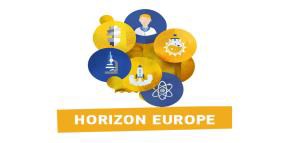
Formely Funded Research and Projects [☍]
